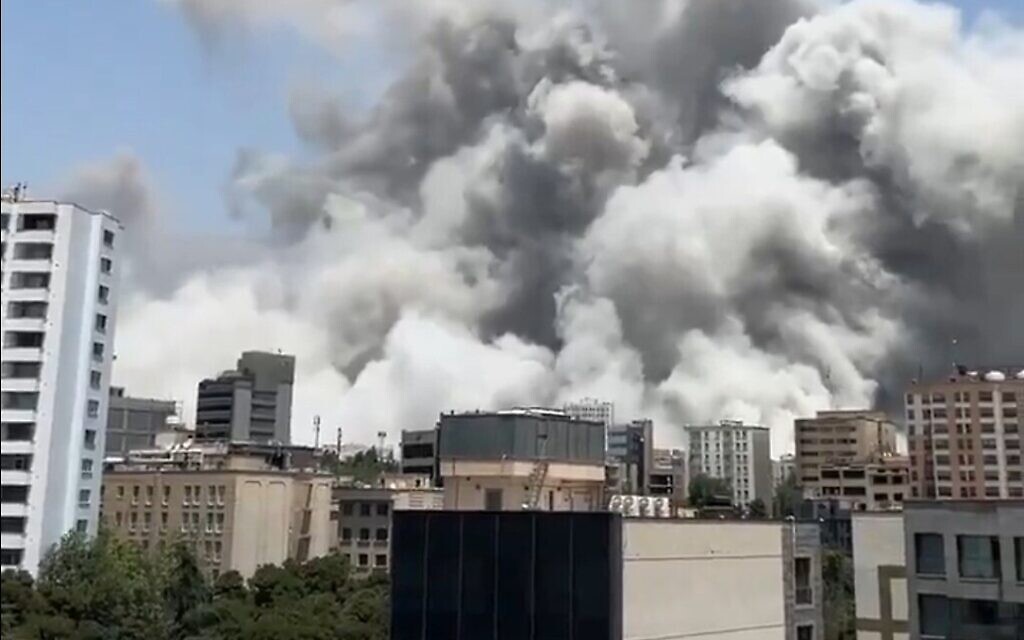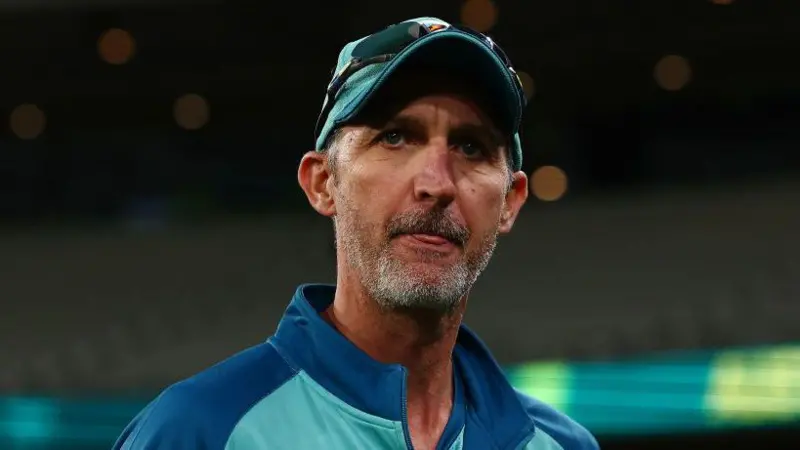COVID inquiry: Coronavirus laws were confusing and £10,000 fines were disproportionate, says ex-home secretary Priti Patel
The inquiry was also shown a note from Boris Johnson in which he called for larger fines for people who broke COVID regulations. Dame Priti Patel was asked to put aside the "crushing irony" of the ex-prime minister making such a remark, considering he was fined for breaking his own rules.

Highly-confusing and complex coronavirus laws were difficult to understand for the police and the public, Dame Priti Patel has told the COVID inquiry.
The former home secretary said the creation of such laws during the pandemic was "suboptimal", and the inquiry into the crisis also heard officers were given as little as 16 minutes' warning about the contents of new legislation they would have to enforce.
The latest proceedings at the UK's investigation into the handling of COVID-19 focused on how government and police created and enforced regulations and guidance surrounding coronavirus.
Dame Priti, who was home secretary throughout the health emergency, laid out how laws were created.
Rather than being devised by or with police or Home Office input, the laws were instead created by then health secretary Matt Hancock's Department of Health and Social Care (DHSC).
Martin Hewitt, who was chair of the National Police Chiefs' Council, told the inquiry earlier in the day about one instance where the exact wording of new regulations was signed off by Mr Hancock at 11.46pm, and police officers were expected to start enforcing them 16 minutes later at 12.01am.
Mr Hewitt said he was "very clear" at this point with Dame Priti that police would not be able to implement the changes for at least 24 to 36 hours.
Senior Conservative Dame Priti was asked about this episode when she was giving evidence.
Hugo Keith QC, the lawyer for the inquiry, said she "must have screamed at them and said 'you cannot do this again. This is unacceptable. These are matters of criminal law, these are matters of regulating the populace'?"
Dame Priti responded: "And we did."
The former home secretary was asked if she pushed back against DHSC. She replied that Mr Hancock's department would go ahead with the changes anyway.
"It was suboptimal at every single level," she added, and that a new system of creating laws should be implemented if a similar emergency happens again.
Mr Keith asked if there was "a high degree of confusion" surrounding the meaning of the "complex" and "difficult to understand" laws throughout the pandemic.
He posed whether they "led to both confusion on the part of the public, on how they could regulate their behaviour, and confusion on the part of the police as to how they might be enforced".
Dame Priti replied: "I would completely agree."
Lady Hallett, who is chairing the inquiry, intervened at one point and branded the pandemic-era legislation "bad" - specifically referencing the power police had to force people to take tests.
Mr Hewitt agreed, saying the powers were never used. He added: "How on earth one forms a reasonable ground to suggest that somebody has or may be infected with a virus you can't see seems to me quite a challenge in a practical sense".
Johnson 'wanted bigger fines'
When it came to summer 2020 and the end of the first lockdown, there were discussions in government about how to make sure people abided by the remaining advice and regulations.
The inquiry was shown a written note from Boris Johnson at the time, in which he called for "bigger fines" and "tougher enforcement".
Mr Keith asked Dame Priti to ignore the "crushing irony" of a prime minister fined for breaching lockdown rules calling for harsher fines.
But he went on to ask the former home secretary if she thought the £10,000 fines introduced for people breaching lockdown were excessive.
Asked if she thought they were "proportionate", Dame Priti said "the answer is no" - and said the Home Office pushed back against the implementation of the five-figure fine.
Evidence from ex-Number 10 top adviser Dominic Cummings showed he was one of those pushing for the harsher punishment of people who broke the law.
'Totally inappropriate' policing of Everard vigil - Patel
Another point touched on by the inquiry was the policing of protests during the pandemic.
This included Black Lives Matter demonstrations in 2020, as well as the Sarah Everard vigil in 2021 after the 33-year-old woman was murdered by a serving police officer.
While current home secretary Suella Braverman was not mentioned directly, her interventions about how the Metropolitan Police should handle Armistice Day demonstrations hung over proceedings.
Dame Priti said at one point that "throughout the pandemic I felt I spent a great deal of time reminding my colleagues of the role of policing... and also operational independence, and that we as politicians were not there to dictate directly to the police as to when to arrest people".
Dame Priti said she was "dismayed" with how the vigil was policed, and felt the action taken by the Met was "totally inappropriate".
"So, inevitably, I had to raise that with the commissioner of the Metropolitan Police [Dame Cressida Dick] and then a lot of other work took place thereafter."
A spokesperson for Matt Hancock said: "Mr Hancock has supported the inquiry throughout and will respond to all questions when he gives his evidence."







